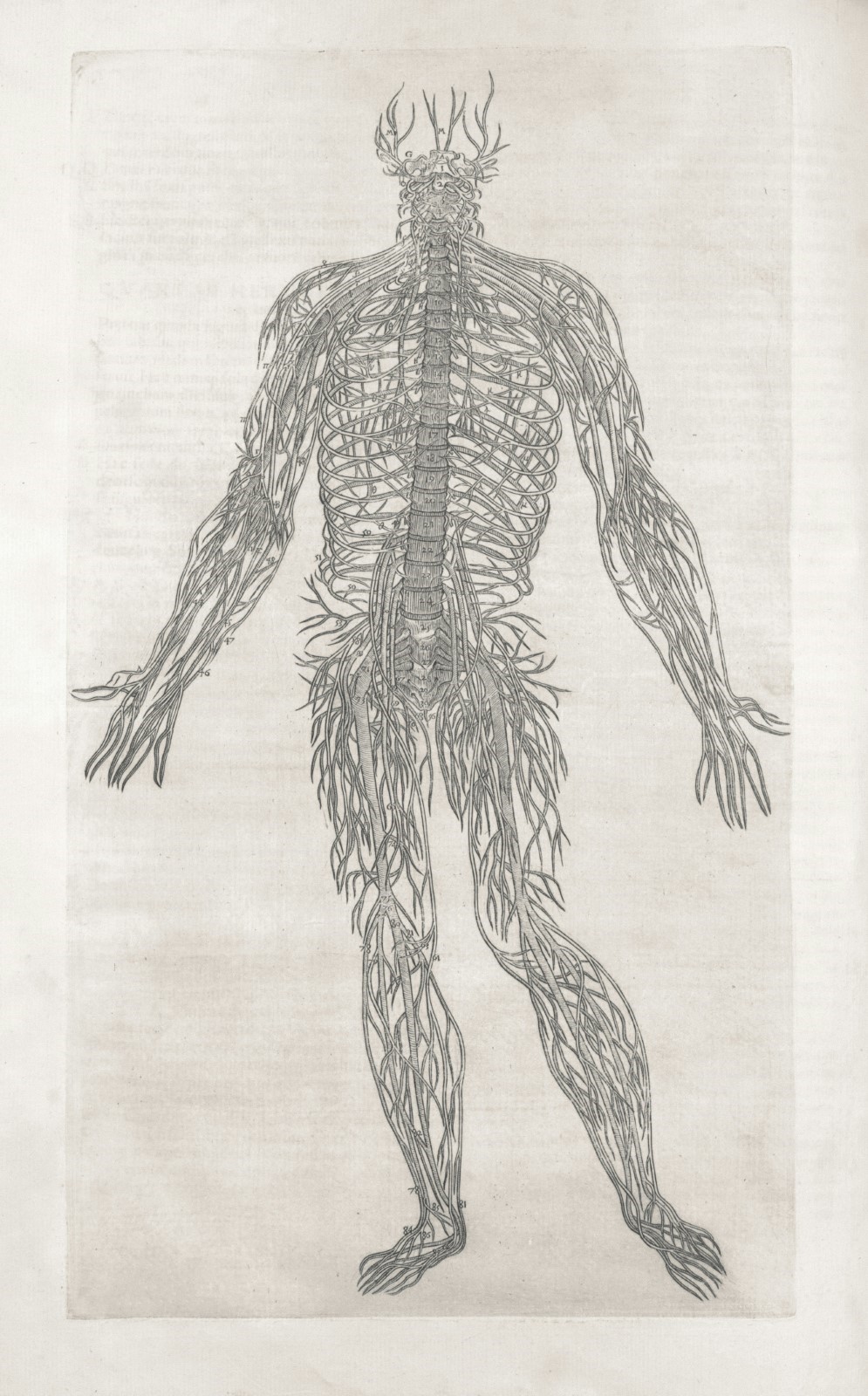Magnesium – Why It’s Important, which foods contain It, and daily Intake
Magnesium intake is critically important for maintaining numerous essential functions in the human body. This key mineral plays a role in DNA and RNA synthesis, blood pressure regulation, muscle contractions, and insulin metabolism. Unfortunately, the modern Western diet often lacks adequate magnesium, increasing the risk of chronic degenerative diseases.

Why Magnesium Is Important for the Body
Magnesium ranks as the fourth most abundant mineral in the human body and is involved in over 300 enzymatic reactions that support normal bodily function. The total amount of magnesium in the body is about 25 grams, with 60% stored in bones, a quarter in muscles, and the remainder distributed among the brain and other key organs such as the heart, liver, and kidneys.
Support for Muscle and Nerve Function
Magnesium is crucial for the proper functioning of muscles and the nervous system. It helps regulate muscle tone and prevents cramps and spasms. Without magnesium, normal movement would be nearly impossible, as it supports protein structures that process sugars in the body and supply energy for muscular activity.

Magnesium is equally vital for the nervous system. It regulates neurotransmitters (molecules that facilitate nerve signal transmission in the brain and body). Adequate magnesium levels improve mood, calm the nervous system, and enhance memory and focus. Notably, the body consumes more magnesium during periods of stress, anxiety, or poor sleep.

Regulating Blood Pressure and Heart Rhythm
Magnesium plays a key role in cardiovascular health. It helps regulate potassium and calcium channels in heart cells, stabilizing electrical signals. Research shows that low magnesium levels can increase the risk of cardiovascular diseases and are associated with atrial fibrillation—the most common type of heart rhythm disorder.

Symptoms of Magnesium Deficiency
-
Muscle cramps and tension
-
Tremors in the limbs
-
General muscle weakness
-
Tingling and numbness
-
Insomnia or poor sleep
-
Heightened anxiety
-
Irritability and nervousness
-
Mood changes
Which Foods Contain Magnesium?
-
Leafy green vegetables and nuts
-
Whole grains and legumes
-
Seafood and dark chocolate

How to Reach the Recommended Daily Magnesium Intake
Determining the proper daily magnesium intake is an individual process and depends on factors such as age, gender, and health conditions. Getting the right amount is essential for optimal health and to prevent deficiency.
Recommended Daily Intake by Age
-
Infants (0–6 months): 30 mg
-
Children (1–3 years): 80 mg
-
Children (7–10 years): 230 mg
-
Teen boys (14–18 years): 300 mg
-
Teen girls (14–18 years): 250 mg
-
Men (19–30 years): 350 mg
-
Women (19–30 years): 300 mg
-
Men (31+ years): up to 420 mg
-
Pregnant women: 300 mg
-
Breastfeeding women: 300 mg
Tips for Incorporating Magnesium into Your Daily Diet
To meet your daily magnesium needs, experts recommend a varied and balanced diet. Here are practical meal ideas:
-
Breakfast: Low-fat yogurt with banana or fortified cereal
-
Snack: 20–30g of almonds or pumpkin seeds
-
Lunch: Half an avocado on whole grain bread or green salad
-
Dinner: Salmon with brown rice and cabbage
-
Dessert: A small piece of dark chocolate (at least 70% cocoa)

Also, drink plenty of water, as magnesium is best absorbed with adequate hydration. If you're unable to meet your magnesium needs through diet alone, consider supplements—but only after consulting a healthcare provider who can recommend the right dosage for you.
Final Thoughts
Magnesium is one of the most prevalent minerals in the body. It supports vital life functions, and its deficiency can lead to a variety of health issues. To maintain adequate levels, eat a balanced diet and stay well hydrated. We hope this article helped you understand just how important magnesium is—and if you’re experiencing symptoms of deficiency, consult your doctor about the right supplementation for you.
Source:
Kröse JL, de Baaij JHF. Magnesium biology. Nephrol Dial Transplant. 2024 Nov 27;39(12):1965-1975. doi: 10.1093/ndt/gfae134. Erratum in: Nephrol Dial Transplant. 2023 Oct 22:gfae219. doi: 10.1093/ndt/gfae219. PMID: 38871680; PMCID: PMC11648962.



Comments